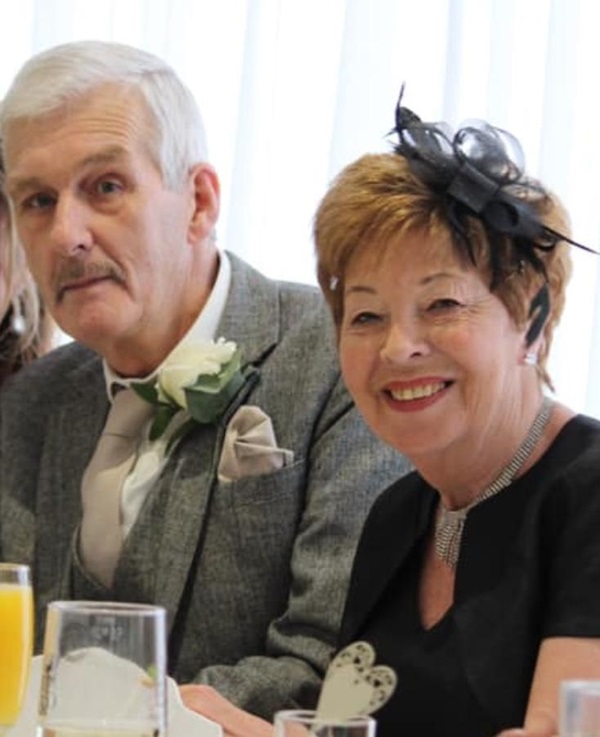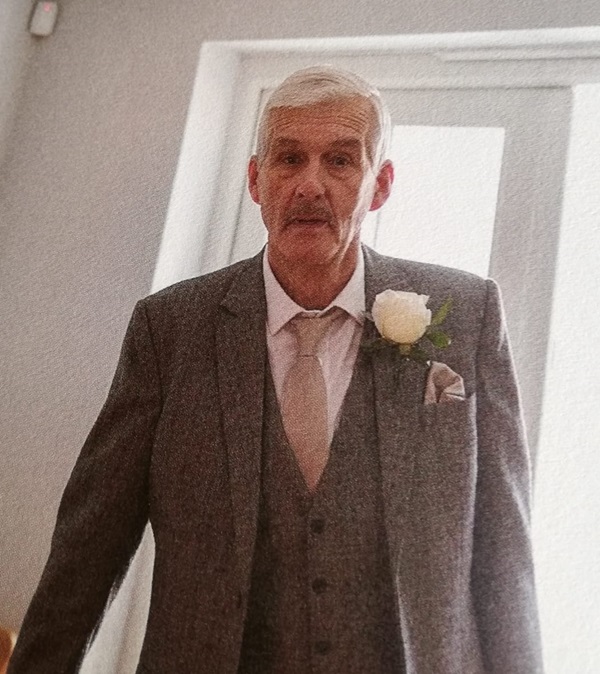The UK has the highest incidence of mesothelioma cases worldwide, with around 2500 people diagnosed every year. Although mesothelioma is stubbornly difficult to treat, new treatments are being developed all the time to improve the quality and longevity of patients' lives.
When a new drug is developed, clinical trials need to be conducted before it can be made available on the NHS. A combination of immunotherapy drugs, Nivolumab and Ipilimumab, has been trialled and subsequently approved by the Early Access to Medicines Scheme.
Immunotherapy drugs can be used to treat a variety of cancers. Immunotherapy is a method of treatment that uses the power of the immune system to fight the cancer.
Mesothelioma is an extremely difficult cancer to treat for many reasons; one of them being because the immune system doesn’t recognise the cancer cells as different from normal cells. The combination of Ipi/Nivo (as it's known) helps combat the disease by enabling the immune system to recognise and kill the cancer cells. Although it’s not a curative treatment, the immunotherapy does help to stop the cancer from spreading. As mesothelioma is an incredibly aggressive cancer, this means the combination drug can give patients valuable extra months - or even years - to live.
Mick's story
Our client Mick, a father-of-two from Milton Keynes, was sadly diagnosed with mesothelioma in 2017. After his diagnosis, he instructed our specialist Asbestos–Related Disease team to investigate where he may have been exposed to the hazardous material in the past. His solicitor referred him to a specialist at the Leicester Cancer Research Centre, who was coordinating a clinical trial (CheckMate-743) evaluating the use of the combination of Ipilimumab and Nivolumab in patients with previously untreated malignant pleural mesothelioma.
The patients who took part in the trial were given either a placebo or the drug combination every fortnight via an intravenous drip for 12 months. When the two groups were compared, those receiving the combination drug lived significantly longer than those who received the placebo.
Following the trial, Mick, aged 69, is sharing his experience of living with mesothelioma, and the incredible effect the immunotherapy treatment has had on his life.
Despite enduring side effects of tiredness, itching, and darker hair, Mick tolerated the treatment well. He said: “At some points, I felt so little difference that I thought I must be on a placebo, but within a few months my tumours had shrunk. It was a miracle, and my wife Denise and I were overjoyed.”
The tumours had shrunk to a fraction of the size - from 21mm and 29mm to just 5mm. Mick then began suffering more serious side effects, resulting in hepatitis, so he had to stop taking part in the trial in December 2017. His sense of taste returned, and he said he felt well.

Mick still gets checked regularly, but he hasn't needed any further treatment and hasn't had any further growth of his tumours. Having now lived two years past his original prognosis date, he’s now spending time with his family that he once feared wouldn't be possible.
Satpal Singh, our expert solicitor who supported Mick, said: “A mesothelioma diagnosis can come as a terrible shock and we do all we can to help clients like Mick, not just with the legal process, but with providing information on support and options for treatment.
"I was able to refer Mick to the lead consultant on the CheckMate-743 trial, Professor Dean Fennell, and it’s fantastic to see Mick doing so well. He’s lived to have that extra quality time with his family, see his legal case settled and play a vital role in making an innovative form of treatment available for others.
"The availability of the combination treatment is exciting news, and hopefully the start of treatments that can offer longer and better quality of life to many more patients like Mick living with this asbestos-related cancer."
Commenting on his experiences, Mick said: "To be diagnosed with mesothelioma was such a shock. I have never known a day’s illness in my life and the news turned our world upside down.

"I'm still having regular checks but I have not needed any further treatment and there has been no further growth in the tumours. Despite the side effects, I am so grateful to Satpal and the team for suggesting I contact a specialist which led to a place on the CheckMate-743 trial.
"With a terminal cancer diagnosis, I had nothing to lose, and the knowledge that there was an option for me provided some much needed hope and positivity during a very dark period."
Mick continued: "I knew that even if the trial didn’t work for me, it could pave the way for better outcomes and cures for other patients in the future, so it is great to see the drug treatment now available via the Early Access to Medicines Scheme and an option for others to benefit from in the years ahead."
"When I was given the news of my diagnosis, I thought it was a death sentence. While I don’t fully know what the future holds, I can’t believe I am still alive. For now, I cherish every day I can spend time with my family."
For general enquiries
0808 291 3524
Or we can call you back at a time of your choice
Phone lines are open 24/7, 365 days a year

